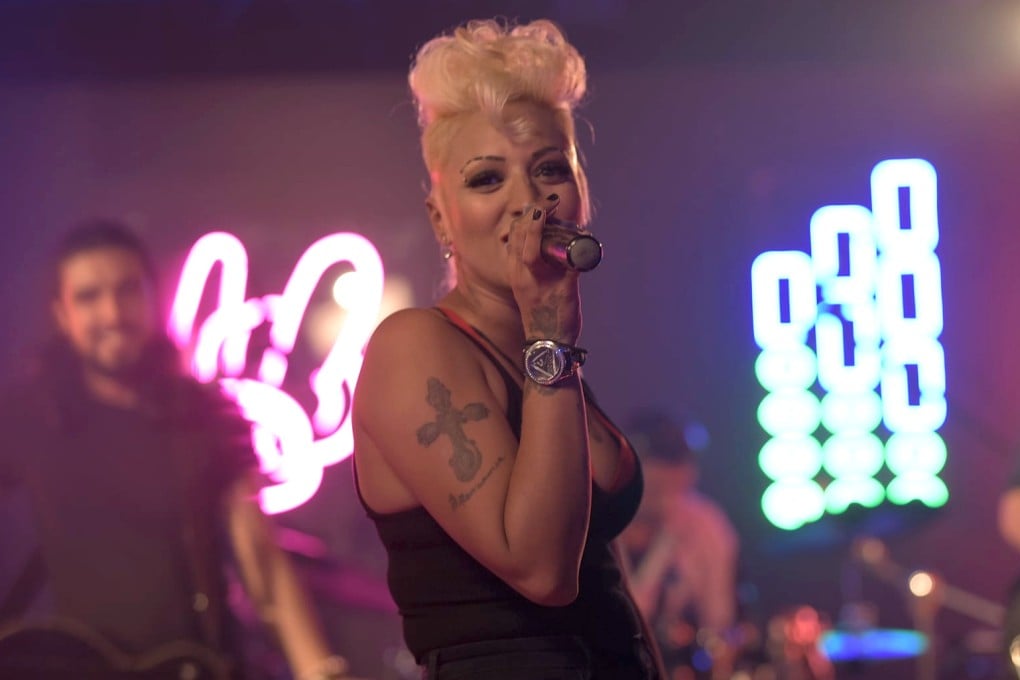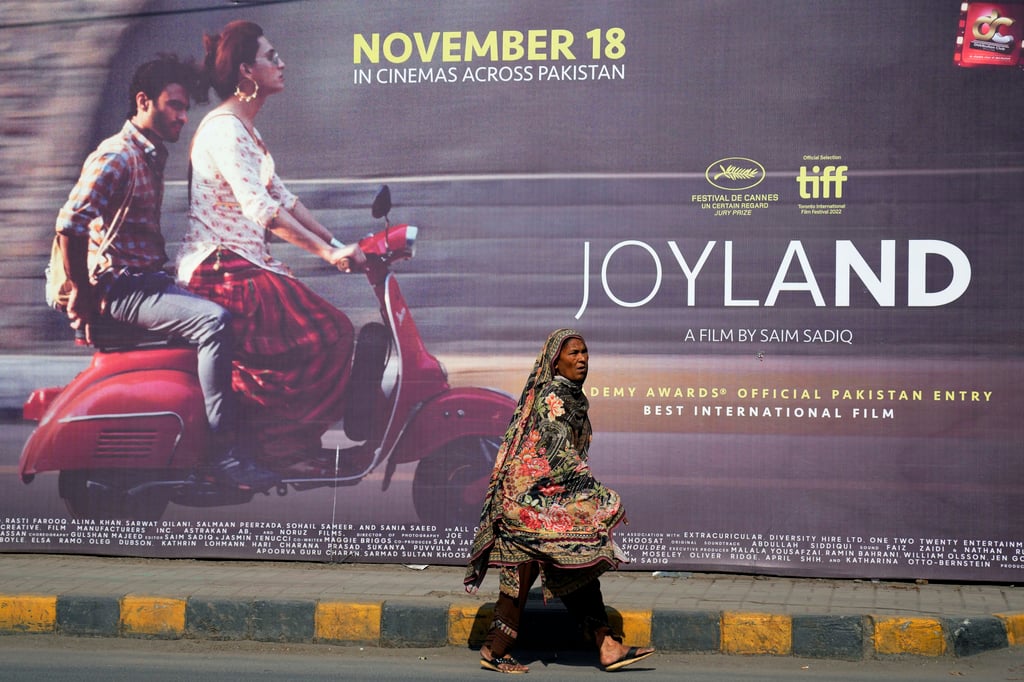Advertisement
Pakistan’s axing of transgender music festival shows nation ‘not ready’ to be inclusive
- ScrapFest was due to take place in Karachi this month but permission was suddenly denied by the high court
- Human rights defenders say the move has put the spotlight on the prejudice faced by the ‘khwaja sira’ community of around 500,000 people
Reading Time:4 minutes
Why you can trust SCMP

Two years ago, Canadian-Pakistani musician Urvah Khan launched an underground music festival, ScrapFest, to create a diverse and inclusive platform for the transgender community in Pakistan.
Advertisement
After four underground gigs, Khan was all set to take the event to a mainstream stage in Karachi earlier this month. But a day before the event, Karachi’s Sindh High Court suspended permission for the event, which had been granted by local authorities.
“I wanted to offer a platform to people like me to express themselves, something that I didn’t have while growing up,” said Khan, who eventually hosted the event online. “But the majority of Pakistan wasn’t ready for it.”
Human rights defenders said that the court’s move has put the spotlight on the “discriminatory” stance taken towards the estimated half a million “khwaja sira” community – the overarching local term for transgender, non-binary and gender nonconforming people – in Pakistan, the Islamic nation where homosexuality is a crime.

In November, Joyland, a Pakistani film exploring the relationship between a married man and a transgender woman, was banned in Punjab, where hardline Islamic religious groups alleged that the film did not conform to social norms. Joyland went on to be shortlisted for the Best International Feature Film at The Academy Awards.
Advertisement
Stressing that both the ScrapFest’s suspension and Joyland’s ban violated the 2012 Supreme Court verdict that ordered the government to ensure the transgender community has constitutional protection, Supreme Court lawyer Hina Jilani said there is a lot of “contradiction” between equality and human rights in books as opposed to real life.

Advertisement